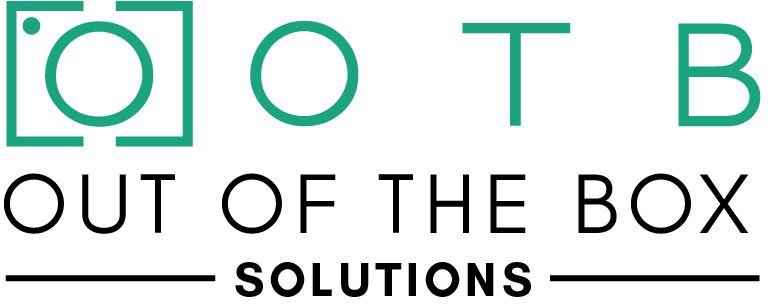Covid-19 has made many of us reconsider the importance of workplace practices that protect our health and the health of everyone we work with. Employees should not come to work while sick. Staying at home allows them to take care of themselves and protect their coworkers. Sick leave makes it easier for employees to do this and is an important element of ensuring a healthy and happy on-set environment.
Today, we are digging a bit deeper with some more specific questions about working with minors. Many people turn to us for answers about the ins and outs of working with minors and we are more than happy to oblige. Understanding the minutiae of child labor laws takes focus and detail, but is all in service of safe and comfortable children.
Working with minors can be delightful, but it has to be done properly, not just because there are a great many laws that say so, but because these laws are designed to ensure that children in the workforce are safe and protected. There are a lot of rules and many of them have age-specific mandates.
Protecting yourself and your crew against COVID-19 is now an essential part of production considerations. And with the Delta variant on the rise and breakthrough cases cropping up, it’s more important than ever to stay up to date.
There are two areas in this arena that are often misunderstood: meal breaks and overtime pay. These might not be sexy topics and the rules governing them can feel foreign and cumbersome in the context of on-set work culture, but staying compliant in these areas is incredibly important.
We know that many questions are coming up as vaccinations become more widely available and pandemic-related restrictions and guidelines continue to shift. The OOTB team has put together an article that collects information and resources to help support you as you consider your approach to vaccination policies.






